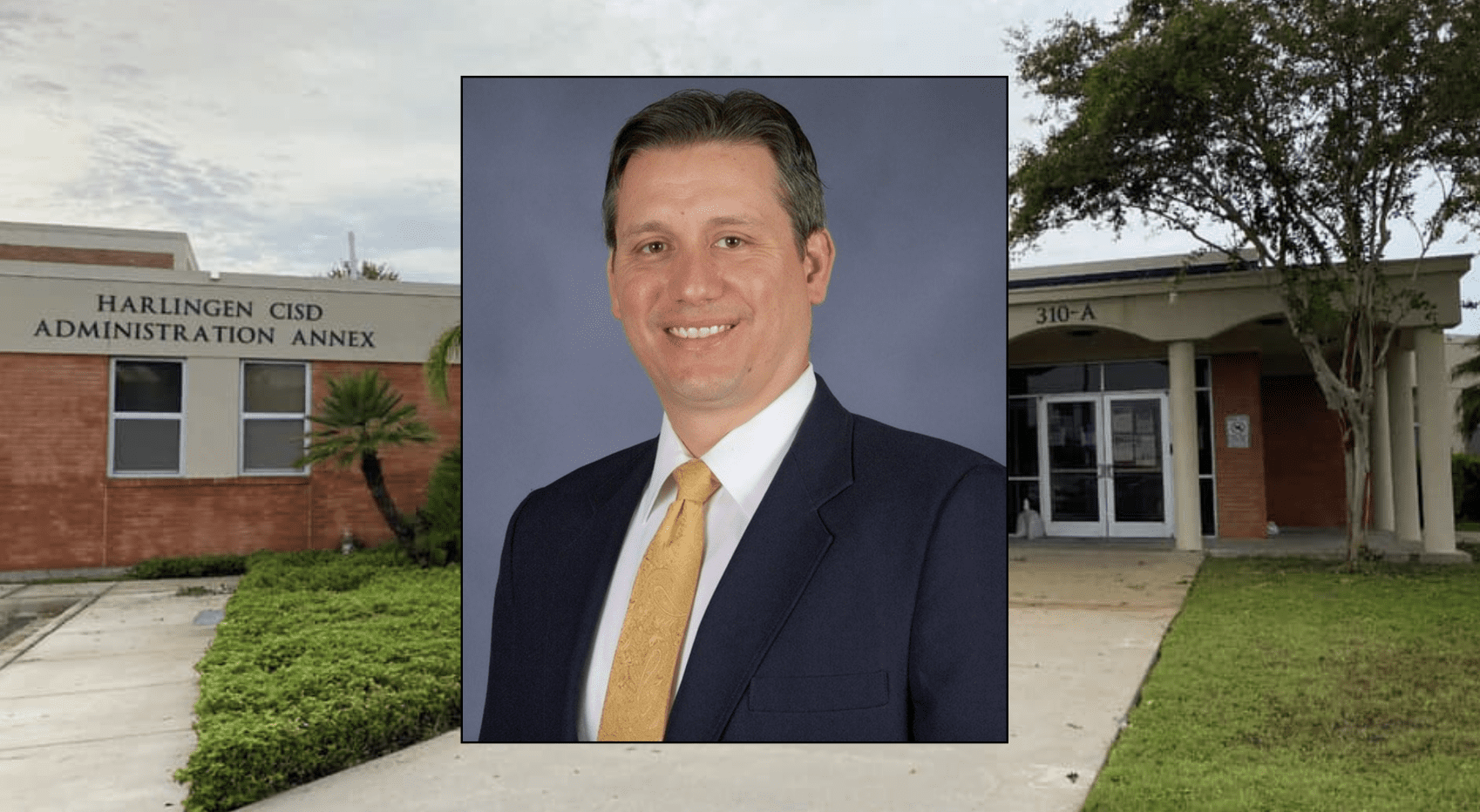Texas parents showed up at the state Capitol this week to support legislation that ensures schools get parental consent before subjecting children to any psychological testing, including mental health surveys.
One parent advocate told lawmakers the proposed legislation could be the “single most important” parental rights measure considered this session.
Ever since the 2019 Legislature saddled schools with expanded responsibility for students’ mental health, public schools are increasingly administering invasive online “social emotional learning” surveys and “check-ins” that attempt to assess students’ mental and psychological well-being.
Parents are concerned about the content of the psychosocial evaluations, many of which solicit personal and private information from children, as well as what schools are doing with the information collected.
Schools are supposed to offer parents a chance to opt out of the evaluations, but many parents complain schools are failing to offer the option or are surveying children even after parents opt out.
House Bill 1149 by State Rep. Valoree Swanson (R–Spring) and Senate Bill 595 by State Sen. Lois Kolkhorst (R–Brenham) address parents’ concerns by requiring school districts to obtain written parental consent before subjecting a student to any psychological or psychiatric exam, test, or survey.
The bills define psychological or psychiatric exams as any method “designed to elicit information regarding an attitude, habit, trait, opinion, belief, feeling, or mental disorder,” whether in the form of a survey, screening, check-in, or embedded in an academic lesson.
During a hearing Tuesday in the House Public Education Committee, parent after parent explained why they support the proposed opt-in legislation.
Many of the same parents showed up again Wednesday to testify in favor of a similar measure in a Senate Education Committee hearing.
Judy Powell, co-founder of the Parent Guidance Center in Austin, told both the House and Senate committees that the opt-in measure “could be the single most important bill of the session for parents whose children attend public school.”
So many schools right now have been asking forgiveness and not permission as relates to mental health screening and services in our schools. And if any of the other legislation that’s before you and other committees passes that relates to mental health in our schools, this bill could be the only tool in a parent’s toolbox for parents to maintain their fundamental right to direct the upbringing and education of their children.
“Parental rights don’t stop at the school gate,” Powell added.
Prosper mom Aileen Blachowski testified for the legislation on behalf of Texas Education 911, a network of parents advocating for pro-family public education reforms.
Blachowski described how her son was subjected to “check-ins” during sophomore math class. She told lawmakers the district not only failed to honor her parental opt-out, but is also giving up valuable instruction time while not getting any useful data from the assessment tools.
“We don’t have 10 minutes of math to give up to daily surveys,” she said.
Fort Worth mom Hollie Plemons told the House panel that her school district is also surveying students without parental consent.
“If a parent doesn’t see the [opt-out] form, their kid is going to get surveyed,” she said.
Plemons said her grievances against the district for conducting surveys without informed consent were denied because the district claimed the current law does not cover surveys or check-ins. She also said districts are selling the data collected by the surveys, again without parental consent.
Mental health advocate Lee Spiller told lawmakers in both chambers that districts across Texas are claiming parents give “general consent” for schools to administer online surveys when they register their children for school.
“In 2019, when Senate Bill 11 was being debated, one thing became really clear to us, and that was that parents didn’t know their rights,” Spiller said.
Parents started bringing surveys, questionnaires, things like that. … More and more people showed us examples of this, and it’s clear that you’ve got this federal rule that supplies the definition [of psychological exams]. But apparently, people don’t know it, even on the school side.
So, that’s why this bill is necessary.
Parent and teacher Meredith Bowman testified that “teachers don’t even actually know if children have parental consent or not” to participate in the surveys.
Bowman said all the behavioral data is collected into a system along with the student’s academic information.
“There is harm going on doing these surveys,” she said. “Our children are being exposed to so many things, and parents need to know what’s going on.”
Other parents noted that teachers shouldn’t be expected to be therapists.
“We don’t send our children to school for therapy or evaluation,” said one mom of two elementary students. “We send them to school to learn to read and write.”
Dozens of parents also submitted comments online supporting HB 1149.
Texas mom Monica Cline, founder of parent advocacy organization It Takes a Family, commented that “children are being emotionally manipulated into depression” by the onslaught of daily emotional check-ins administered to students in all grade levels via online programs like Rhithm.
Rhithm is an emoji-based app purchased by dozens of school districts across Texas and used in K-12 classrooms as a “wellness check-in tool.” According to the company’s website, “based on their answers, our algorithm presents each student with a short activity to teach them essential life skill [sic] and/or to get them ready to learn.”
Cline and others noted that the app also triggers alerts that have resulted in parents being contacted by Child Protect Services because, for example, their child chose a “hungry” emoji multiple times while in a class right before lunchtime.
“There are countless SEL programs, mental health programs, suicide prevention programs, emotional check-in apps etc. that our children are being harassed with each day,” Cline said.
These extra programs that are marketed as potentially identifying depression or suicidal ideation are not supported by any science. Most of them will state that they are still in the evaluation stage and are gathering data now to improve their program. Essentially they are experimenting with our children. We do not know what adverse effects will occur from their implementation.
She said Texans should not allow third parties “to experiment on our own children.”
A representative of the National Association of Social Workers spoke against the survey opt-in bills, saying they could prevent teachers from identifying problems so they can refer students to mental health services.
Swanson said her legislation would in no way prevent student-initiated mental health discussions with a counselor or keep school employees from verbally asking students about their well-being.
Public education advocate Mary Lowe said she would like to see consequences added to the legislation.
“We can go to the school districts and say, ‘You’re violating this parent’s [rights],’ and they don’t care,” she said. “There’s no consequence, so they literally don’t pay.”
Both bills were left pending in committee.
Deadlines for legislation to have a chance at advancing to final passage are approaching.
The House Public Education Committee scheduled a second public hearing this week to catch up on its backlog of bills. Any House bills not voted out of committee by April 27 have little chance of making it to the governor’s desk.
The last day of the regular legislative session is May 29.
No ads. No paywalls. No government grants. No corporate masters.
Just real news for real Texans.
Support Texas Scorecard to keep it that way!





